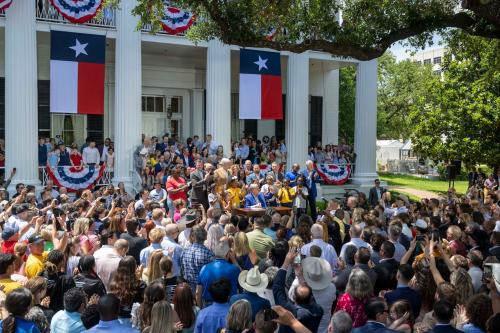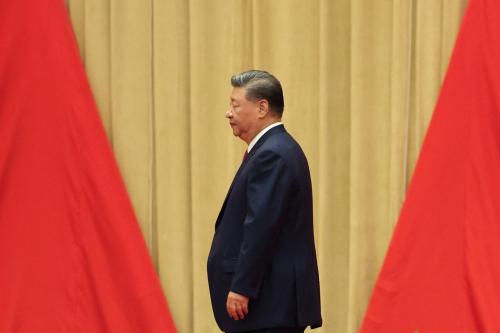The use of the U.S. military for counternarcotics and anti-crime functions around the world should be minimized and employed only with extreme caution. The favorite counternarcotics recipe of special operations forces is to stand up specialized interdiction units (SIUs) to kill or capture high-value traffickers. In the context of weak state capacity and high corruption, such as in Central America or West Africa, SIUs are themselves prime targets for corruption and can become powerful and technologically-savvy drug traffickers or even forces that will stage a coup against the government.
SIUs concentrate mostly on crime kingpins. But such “high-value” targeting often intensifies violence, by triggering turf wars and internal succession fights.
Instead, a determined and systematic effort to develop police forces capable of also tackling street crime via community policing (as opposed to merely standing up SIUs to decapitate organize crime) and establishing capable intelligence systems in recipient countries would greatly enhance the effectiveness of external assistance.
However, to the extent that domestic military forces in recipient countries are used for anti-crime functions, external actors should steer the local militaries toward better practices in law enforcement roles. This would involve not setting up fixed checkpoints to search for contraband and members of criminal groups (traffickers simply avoid going through them) or declaring temporary states of siege (most criminals simply hide during such states of siege). The better practices would feature population-centric policing approaches by both police and domestic militaries. Via frequent, non-threatening engagement with the public, such policies seek to build a positive relationship between law enforcement and local populations.
The Brookings Institution is committed to quality, independence, and impact.
We are supported by a diverse array of funders. In line with our values and policies, each Brookings publication represents the sole views of its author(s).



Commentary
Op-edA Cautionary Approach to Using the Military for Anti-crime Efforts Abroad
January 1, 1970